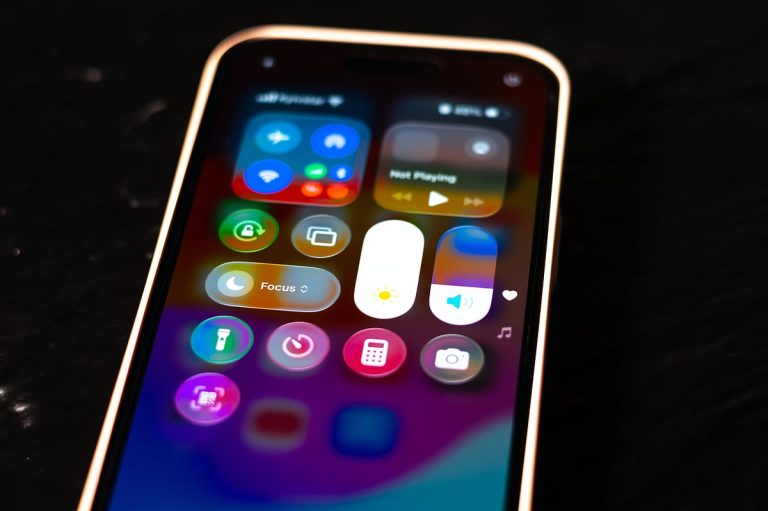North Korean Cyberattack Targets Smartphones and PCs
Recent reports indicate that a hacking group linked to North Korea has initiated a sophisticated cyberattack that compromises Android smartphones and personal computers. This new method allows the attackers to remotely control devices, leading to the deletion of critical data such as photos, documents, and contact information.
Attack Methodology
The group, believed to be associated with the North Korean factions Kimsuky or APT37, employs malware distributed through popular messaging platforms like KakaoTalk. This malware not only infiltrates devices but also captures sensitive account information from Google and various domestic IT services. According to the Genians Security Center (GSC), a South Korean cybersecurity organization, the attackers utilize Google’s location-tracking features to determine when victims are away from their homes or workplaces.
Once the hackers confirm the victims’ absence, they execute a remote reset of the compromised smartphones. This action disrupts normal device functions, including notifications and message alerts from messaging applications, thereby delaying the victims’ ability to detect and respond to the attack. As a result, essential data stored on the devices is permanently erased.
Propagation of Malware
In addition to deleting data, the attackers have been observed spreading malware disguised as “stress relief programs” to the victims’ acquaintances. This is done through PCs and tablets that have already been infected, creating a wider network of compromised devices. The GSC report suggests that the hackers may have even utilized webcams on the infected PCs to monitor the victims’ movements, further demonstrating the advanced tactics employed in this operation.
Tactical Implications
The GSC describes this combination of device neutralization and account-based malware propagation as “unprecedented” in the context of North Korean cyber operations. This evolution in tactics indicates a significant level of sophistication and strategic planning, marking a notable shift in the capabilities of advanced persistent threats (APTs).
APTs are characterized by their long-term, targeted approach to cyberattacks, often involving multiple stages and sophisticated techniques to evade detection.
Regional Tensions
This cyberattack comes amid heightened tensions on the Korean Peninsula. Last week, South Korea’s defense ministry condemned North Korea’s recent ballistic missile launch, urging the North to cease actions that escalate tensions. The ministry expressed deep regret over North Korea’s statements criticizing joint military exercises conducted by South Korea and the United States.
FAQs
What types of devices are affected by this cyberattack?
The cyberattack primarily targets Android smartphones and personal computers, compromising their functionality and deleting critical data.
How do the hackers confirm that victims are away from home?
The attackers utilize Google’s location-tracking capabilities and may also monitor webcam feeds from infected devices to ascertain whether victims are present.
What should individuals do to protect themselves from such attacks?
To safeguard against these types of cyber threats, individuals should ensure their devices are equipped with updated security software, avoid downloading suspicious applications, and be cautious when clicking on links from unknown sources.
Conclusion
The recent cyberattack attributed to North Korean hackers highlights a concerning evolution in their tactics, posing significant risks to personal data security. As regional tensions continue to rise, it is crucial for individuals and organizations to remain vigilant and implement robust cybersecurity measures to mitigate potential threats.
The implications of this cyberattack extend beyond individual privacy concerns, as they may also affect broader geopolitical dynamics. Cyber operations have increasingly become a tool for state actors to exert influence and disrupt adversaries without engaging in traditional military conflict. North Korea’s use of sophisticated cyber tactics reflects its ongoing strategy to leverage technology for espionage and disruption, particularly against South Korea and its allies.
Moreover, the targeting of personal devices illustrates a shift in the landscape of cyber warfare, where civilian technology is increasingly at risk. As more individuals rely on smartphones and computers for daily activities, the potential for widespread disruption grows. This incident serves as a reminder of the importance of cybersecurity awareness among the general public, highlighting the need for education on safe online practices and the potential risks associated with seemingly innocuous applications and services.
As the situation develops, cybersecurity experts will likely continue to monitor the activities of North Korean hacking groups closely, assessing their evolving tactics and the potential impact on regional security and international relations.
Also Read:
Air Travel Disruptions Rise Amid Staffing Shortages
Sheikh Mohammed Highlights Daily Life on Dubai Metro
Flight Cancellations Rise Amid Government Shutdown Disruptio







